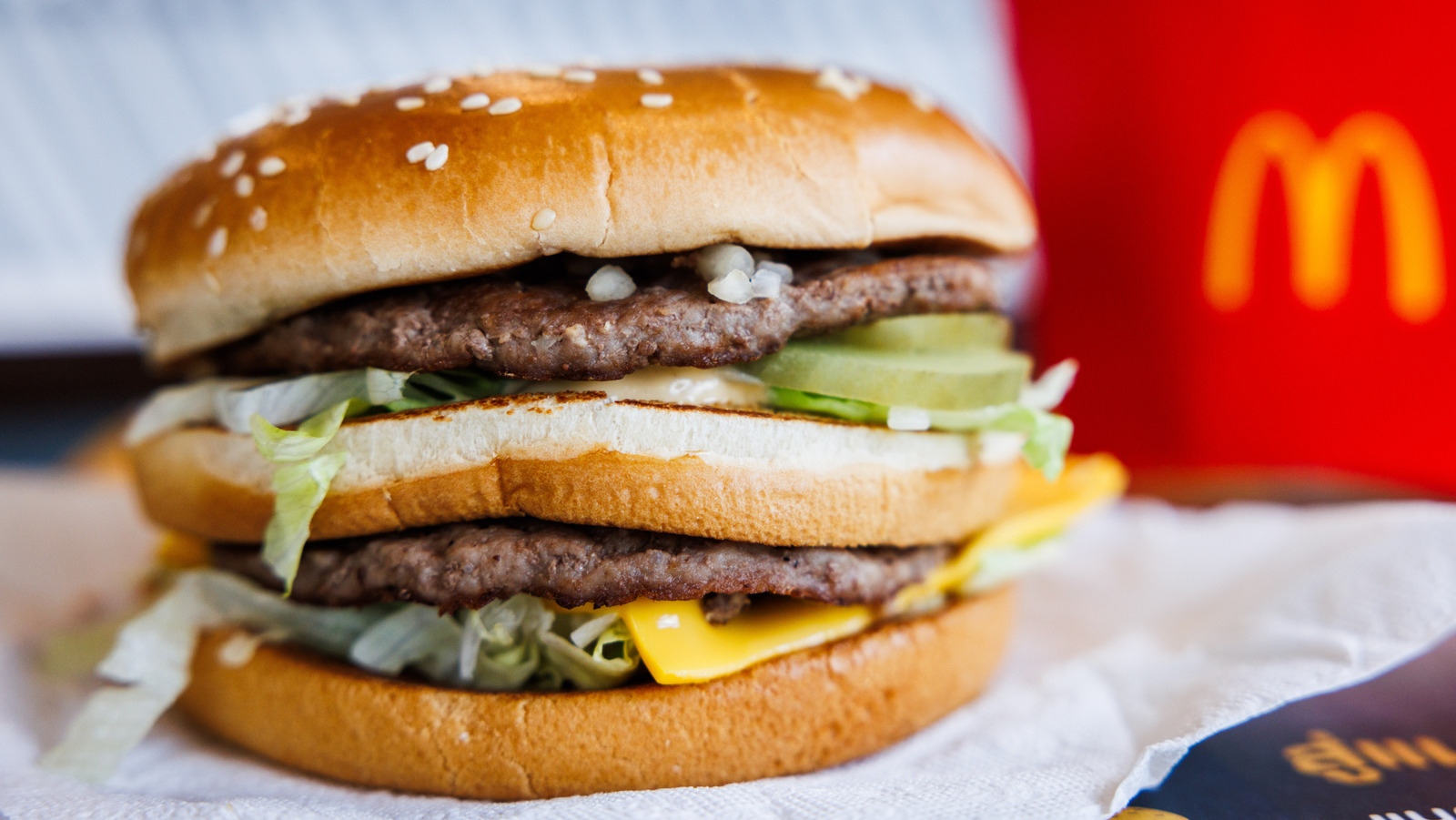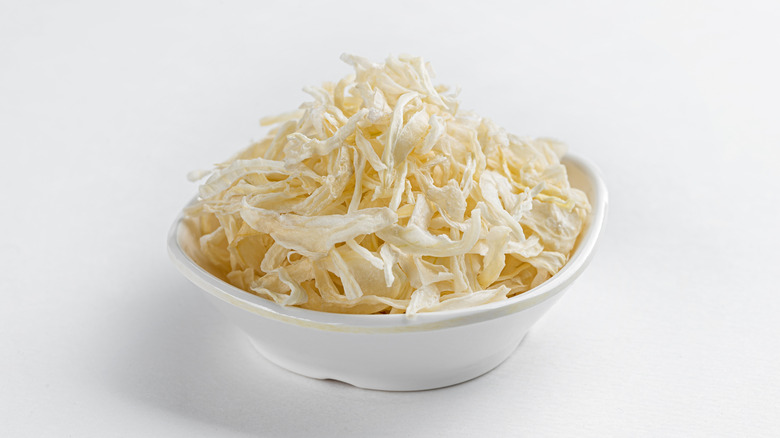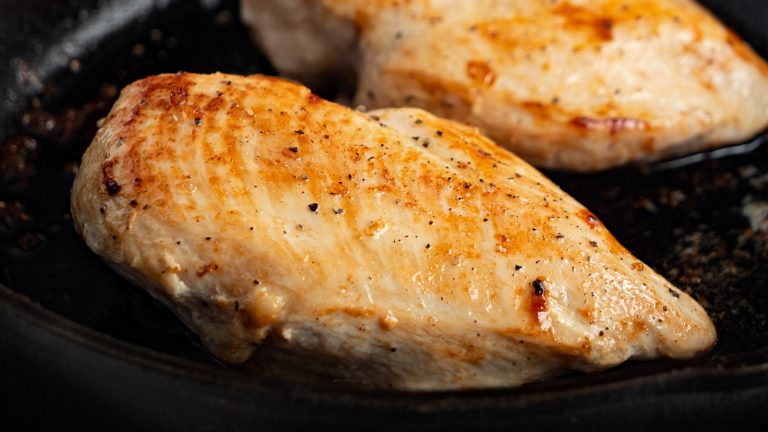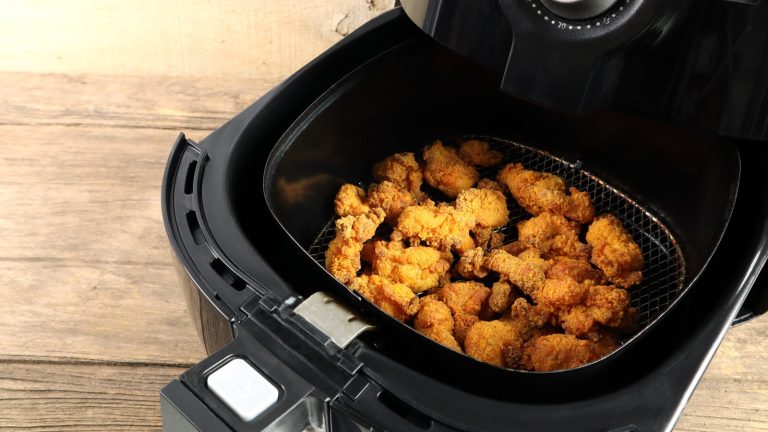It doesn’t matter if you get a Big Mac from a McDonald’s in New York City or Idaho Falls. They will taste identical. This feat is accomplished in part by the way McDonald’s prepares the onions on their burgers. They are diced and dehydrated in a central facility, then bagged and shipped to individual restaurants where they are rehydrated and then placed right on the meat. Quarter Pounders are the one exception, with freshly sliced onions paired with the cooked from fresh patties. This helps achieve global consistency, with a side benefit of just tasting really good.
If you’d prefer a homemade burger, topping them with McDonald’s-style onions is fast and easy. Grab some dehydrated onions from the spice aisle of your local supermarket, and then soak as much as you need in hot water for 15 to 20 minutes. Once the onion chips are plumped up and reconstituted, drain the excess water, and, just like that, there are your copycat McDonald’s onions, ready for burgers. But why do these taste so much better than fresh onions?
Onions really don’t want to be eaten. They let us know via a defense mechanism that activates the second they’re sliced open. Cell walls rupture and set off a chemical reaction that generates bitter, acidic sulfur compounds. These compounds give raw onion its pungent bite and can make you cry over your cutting board.
Cooking the onions breaks down these mean compounds, allowing all of the onion’s natural sugars to come to the forefront. The dehydration process does the exact same thing, so these McDonald’s copycat onions carry a more delicate flavor without hitting the intense sweetness of fully caramelized onions. And with a 15-minute rehydration time, they’re certainly ready a lot faster than caramelizing calls for too.
Beyond the burger
Once you’ve committed to stocking your pantry with dehydrated onions, there are a lot more recipes you can use them in besides hamburgers. Sprinkling rehydrated onions on hotdogs is a perfectly safe option to start with, and they generally go great with any sort of ground beef recipe, from meatloaf and meatballs to chili and tacos.
You can combine the dehydrated onions with poppy, caraway, sesame seeds, salt, and dried garlic to make your own everything bagel seasoning blend. The dried onions taste fantastic in homemade barbecue rubs or mixed in with blackening spices. Mix sour cream, mayo, lemon juice, and hot sauce with a little Worcestershire sauce and dehydrated onion and you’ve got a fast and awesome chip dip that beats anything you could buy ready-made.
And if you’re truly ready to embrace the dehydrated onion life, try sprinkling some on homemade bread, like these Arby’s onion bun duplicates, or use it as a secret ingredient on your pizzas. Any time you want to substitute dried onions for fresh ones in a recipe, a good general ratio to follow is to use three tablespoons of dehydrated onions to replace one medium fresh onion.






